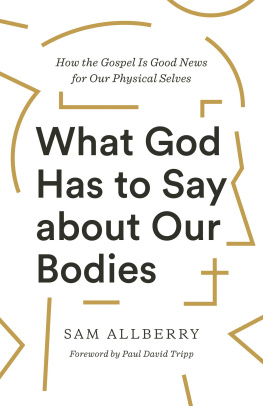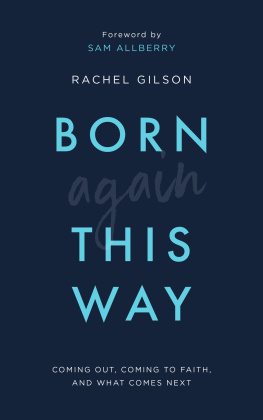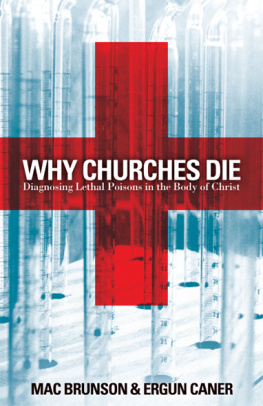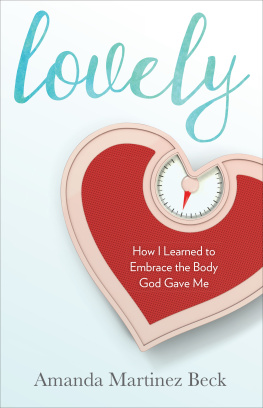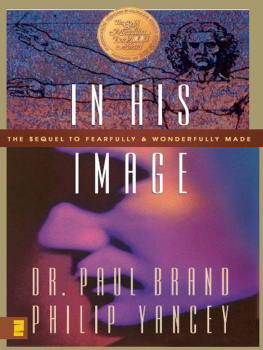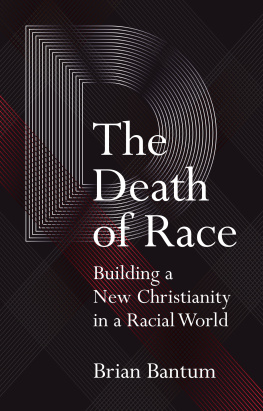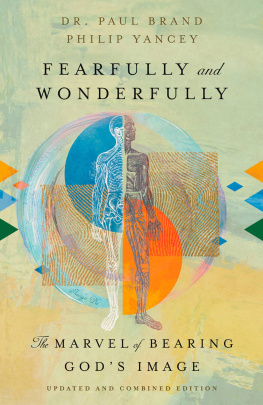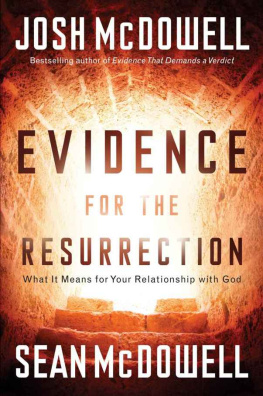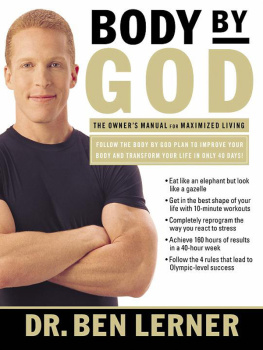Table of Contents
Landmarks
The Body, Affliction, and Shame
Certain things change when you turn forty:
- The world starts becoming too loud.
- You get excited about going to bed.
- You still get badly hurt, but now you dont have a good story to account for it.
The fact is, when youre under forty and injured, its usually because you were doing something excitingjumping out of a plane, or wrestling a shark. If youre over forty, your most serious injuries come just from sleeping.
A couple of years ago, I was staying in an unfamiliar hotel and woke the first morning with hot, searing It was agony. I called reception, and they sent the hospital doctor to see me. In the end, he had to inject some painkillersusing the largest needle I had ever seen not being used on an elephant. All this, and what had I done? He told me Id slept on my shoulder the wrong way. One of the most painful things Id ever done to myself, and the cause was lying in bed sleeping.
Our bodies have been fearfully and wonderfully made. But they also cause us pain. Because we live in a created world, our bodies are a gift. But because we live in a fallen world, they might not be the gift we would have wanted. Our bodies are broken. The same Bible that shows them to be Gods handiwork also describes them as earthen vessels or jars of clay (2 Cor. 4:7).
This simple metaphor might tell us more than we realize at first. Jars of clay are not just humble (compared to jars of cut glass, for example). Theyre weak and fragile. Theyre not robust, but easily cracked. Invariably, in this world, they break. The Bible shows us something of why this is. Writing to the Christians in Rome, Paul says:
The creation was subjected to futility, not willingly, but because of him who subjected it, in hope that the creation itself will be set free from its bondage to corruption and obtain the freedom of the glory of the children of God. (Rom. 8:2021 )
Creation has been subjected to frustration. Think about that. The good world God so carefully made has been put out of joint in some way. It no longer runs smoothly. Something has happened that means it doesnt work properly as it was originally intended to. It sputters and falters. The world is not always a wonderful place to be. Quite apart from the suffering caused by us, the natural world itself can seem vicious and cruel. A glance just at todays world headlines includes stories of disease and natural disasters wreaking havoc in many places. This frustration to which it has been subjected is not its natural, happy state.
This explains something of our perplexity at the sufferings we experience. We have only ever lived in a world where these sorts of difficulties occur. Weve never known anything else. And yet we cannot reconcile ourselves to it. Our gut reaction is that these things should not be so. This sense is hard to explain other than as a memory trace of a different world where such things do not happen, a homing device for the world as it was intended to be.
The physical world that has been subjected to frustration includes our bodies. They are part of the natural order to which we belong. They are made of the same stuff that has been put out of joint. And so they, too, do not work as they were originally meant to. They get sick. Sometimes they stay sick. They break and deform. They age and decay. And all of them, at some point, die. This, too, is evidence of the futility that now marks much of creation.
Paul is clear that this frustration and futility have been imposed on creation. It is not creations own choice. It comes because of him who subjected it, namely, God. If we zoom out from Romans 8 to the wider narrative of the Bible, we can see how this happened. When the first people sinned in Genesis 3, they disrupted their relationship with God and with one another. They also triggered a disruption in their relationship with the natural world. Cursed is the ground because of you, God told them (Gen. 3:17). The brokenness of this world is a consequence of the brokenness of our relationship with God. That creation doesnt work as it was originally intended to, and as we sense it should, is a reminder that we dont relate to God as we were originally intended to.
In the classic movie E.T . the Extra-Terrestrial the lovable alien forms connections with some living things close to him. He revives some dying flowers, and from that point on they reflect E.T.s own health. When he falls sick and dies, we see the flowers finally withering with their petals falling off. But one of the signs that E.T.s death is not the end is when the flowers unexpectedly and suddenly spring back to life. To the onlooking boy Elliott, it can only mean one thing. If the flowers have burst back into life, then E.T. must have as well.
Similarly, we are to see the nature of the physical world as a sign of humanitys own standing before God. Nature is still gloriousthe sun is setting beautifully behind a nearby hill as I write thisyet it is also deeply painful. We human beings still reflect something of the dignity of having been made in the image of God yet know ourselves to be deeply sinful and broken in the depths of our heart. Our broken glory is reflected in natures broken glory.
Paul is also clear that this broken glory is not the end of the story. Strangely, God has subjected the world to futility in hope. There is a positive, not just punitive, purpose here. Something good is anticipated in this sad situation. The hope is that the creation itself will be set free from its bondage to corruption and obtain the freedom of the glory of the children of God. God is going to establish children for himself, children who reflect something of his glory. And something at least of that glory will consist in how they have been freed from the bondage that is the natural lot of sinful human beings. Paul is describing how God will bring people to himself through Christ, freed and forgivenreleased to be the people they were always created to be as children of their Creator.
And creation itself is somehow going to share in this freedom too. Just as human sin dragged creation down with it, so too human liberation will lift creation up. As people find their freedom, so too will creation. And that includes our bodies, as we shall see. Paul goes on to talk about the prospect of the redemption of our bodies (Rom. 8:24). Ultimately the pains and struggles we experience in our bodies are not a sign that our bodies have no value but that God hasnt finished with them yet.
All that is to come. Redemptionbodily redemptionawaits. Frustration is not the end of the story. But it is the part of the story we find ourselves in now. And we cannot escape it. As long as we live in this fallen world as fallen people, we will experience some kind of bodily brokenness. It will always be unmistakable that we are jars of clay. We see this brokenness in a number of ways.
Infirmity and Sickness
In his moving memoir Michael J. Fox describes the first moment his body showed signs of the Parkinsons disease that was to increasingly ravage it. He was lying in bed in a hotel room and noticed the little finger on his left hand wouldnt stop twitching:
That morning my brain was serving notice: it had initiated divorce from my mind. Efforts to contest or reconcile would be futile. No grounds were given, and the petition was irrevocable. My brain was demanding, and incrementally seizing, custody of my body, beginning with the outermost pinkie on my left hand.
It was the beginning of the process that over the years would see Fox losing more and more control of his body.
An estimated 53 million suffer from Parkinsons, including 1 percent of those over sixty. Foxs experience, sadly, is not at all unique. I think of a cherished member of my church who, like Fox, was first diagnosed with Parkinsons while still a relatively young man. As the decades wore on, it became increasingly hard for him to be mobile, and he spent many of his last years at home and largely confined to bed, his body wracked with pain.

